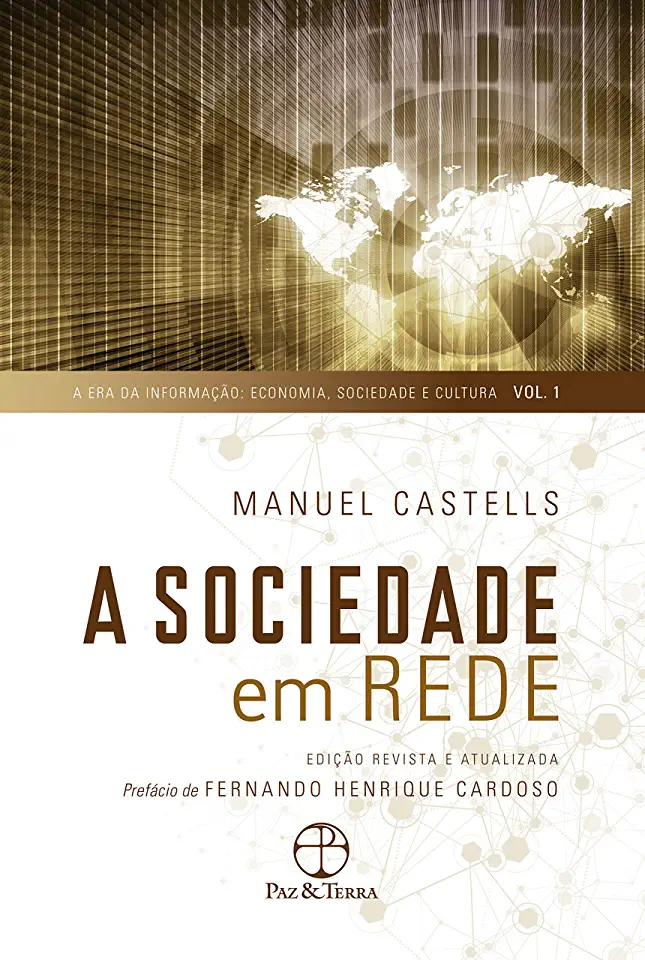
The Information Society, Manuel Castells
The Information Society: A Persuasive Summary
In his groundbreaking book, The Information Society, Manuel Castells argues that we are living in a new era, one in which information is the key resource and driver of economic growth. Castells draws on a wealth of data and case studies to support his thesis, and he offers a compelling vision of the future of our society.
The Rise of the Information Society
Castells begins by tracing the historical development of the information society. He argues that the information revolution is not simply a technological change, but rather a fundamental shift in the way we organize our society. In the information society, knowledge and information are the primary sources of wealth and power, and the ability to process and use information is essential for success.
The Network Society
Castells argues that the information society is characterized by the rise of networks. Networks are the means by which information is produced, distributed, and consumed. They are also the means by which people interact with each other and with the world around them. Castells identifies three types of networks:
- Economic networks: These networks are the means by which goods and services are produced and distributed.
- Political networks: These networks are the means by which power is exercised and decisions are made.
- Cultural networks: These networks are the means by which culture is produced and disseminated.
Castells argues that the rise of networks is transforming our society in profound ways. Networks are more flexible and adaptable than traditional hierarchies, and they allow for greater collaboration and innovation. They also make it possible for people to connect with each other and with the world around them in new ways.
The Global Information Society
Castells argues that the information society is a global phenomenon. The rise of the internet and other communication technologies has made it possible for people all over the world to connect with each other and to access information. This has led to a new era of globalization, in which the world is becoming increasingly interconnected and interdependent.
Castells argues that the global information society has the potential to bring about great benefits for humanity. It can promote economic growth, reduce poverty, and improve education and healthcare. However, it also poses challenges, such as the digital divide and the threat of cybercrime.
The Future of the Information Society
Castells concludes by offering a vision of the future of the information society. He argues that the information society is still in its early stages, and that we are only beginning to glimpse its full potential. He calls for a new social contract that will ensure that the benefits of the information society are shared by all.
Why You Should Read The Information Society
The Information Society is a must-read for anyone who wants to understand the world we live in. Castells provides a comprehensive and insightful analysis of the information revolution, and he offers a compelling vision of the future of our society. The Information Society is a challenging book, but it is also a rewarding one. It is a book that will change the way you think about the world.
How to Buy The Information Society
The Information Society is available in hardcover, paperback, and ebook formats. You can purchase the book from Amazon, Barnes & Noble, or your local bookstore.
Enjoyed the summary? Discover all the details and take your reading to the next level — [click here to view the book on Amazon!]